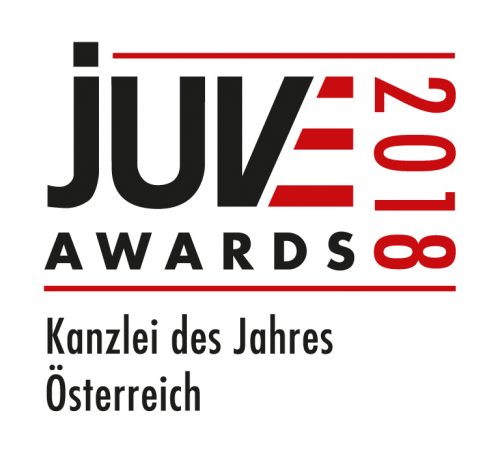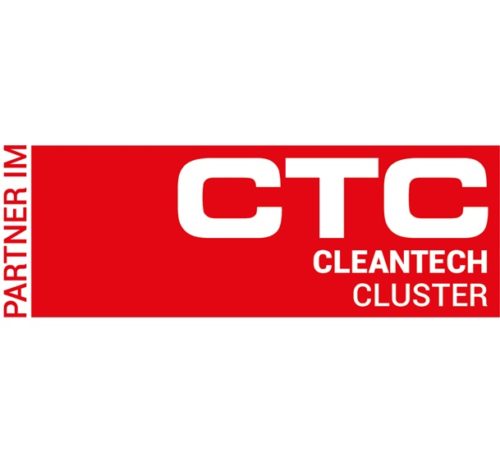Whistleblowing reporting systems
We help with implementation and processing!
Violations of waste law can be costly. It starts with administrative fines for a carelessly discarded cigarette and ends with charges of environmental crime. There’s only one way to counter these risks: a good internal control system with smart checks.
In general, waste law is believed to be a tricky area: it is notoriously complex and also carries draconian penalties. Already at the time of the Schilling, the Constitutional Court overturned the minimum fine of ATS 50,000.00 applicable as excessive (E v 16.3.2000, G312/97 et al.). Meanwhile, however, waste management authorities are allowed to impose much higher penalties: administrative offenses have a penalty range of up to 41,200 €. If a case ends up before a criminal court, e.g. because of deliberate or negligent treatment or transport of waste that endangers the environment, even prison sentences of several years can be imposed.
Waste law not only strikes against major environmental scandals, but also against everyday crimes: The Salzburg Administrative Court imposed a hefty fine of EUR 500 on a driver who threw a cigarette butt from a moving car onto the roadway. This will not remain an isolated case because the littering of public spaces is now reaching enormous dimensions and is virtually challenging the legislature to tighten up its catalog of sanctions. So, it will not be done with the casual invitation “Host an Tschick?” emblazoned on ashtrays of MA 48. Those who casually dispose of their cigarettes or chewing gum will face onerous penalties and will have to pay a heavy fine.
At the corporate level, the dilemma outlined above – increasing complexity with at the same time increasing penalties – becomes even more tricky. The legislator never tires of introducing new obligations – and putting a price tag on them. It’s not always a penalty, sometimes a deposit or a levy; in extreme cases, all three come together. Who is responsible for this within a company? The managing director under commercial law, trade law or waste law? This is a difficult question, especially for a manufacturing enterprise where material flows of product manufacturing and waste recycling are intertwined (which is also the point of circular economy). In principle, it has to be determined in each individual case which penal provision has been violated and whether this provision belongs to commercial law, waste law or neither of them. Depending on how this examination turns out, one or more parties may be punishable. However, here too – as the Supreme Administrative Court has recently clarified in a decision obtained by us (13.11.2020, Ra 2020/05/0214-3) – technical expertise and common sense are of importance. If, for example, it is not proven that an emission excess of which the company is accused of, is “predominantly due to the (co-)incineration of (hazardous) waste”, there is no reason to penalize the managing director under waste law.
The best way to avoid severe penalties in waste law is to install an effective control system that prevents violations at the outset. Here, a recent decision of the Supreme Administrative Court offers a constructive approach: in its decision of 02.02.2021, Ro 2019/04/0007, the Court explicitly recognized a control system as proof that the responsible parties are not at fault. It is therefore advisable to use technically supported control thresholds in the material flow of waste into and through the company, which monitor the required qualitative and quantitative parameters. This can provide proof of exoneration and save a penalty.
Our expert Willi Bergthaler and our expert Reka Krasznai from the Environmental and Technology Law team will be happy to answer any further questions you may have on this topic.
This article provides only general information and does not replace legal advice. Haslinger / Nagele Rechtsanwälte GmbH assumes no liability for the content and correctness of this contribution.
25. November 2021






